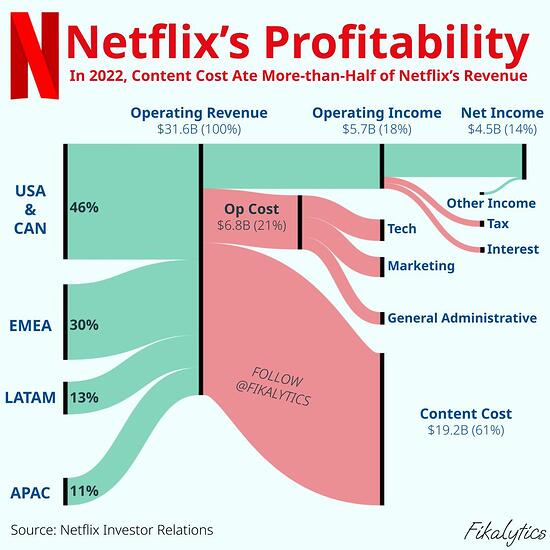As for Netflix…I’m not a fan of these corporations, but it’s their right to do what they want with their service and it’s the right of the customer to stop being him.
Corporate greed is one thing, but you can imagine how much the accounts are abused.
In their place, I would simply introduce a limit of logged sessions and a limit of active video views. And added the appropriate plans so that people can adjust the price/quantity of their accounts.
Does it matter who is watching and where if you pay and can only use one session at a time and play only one video at a time. Imo not, and it would limit abuses and not introduce any complicated control mechanisms.
Of course, all this must be nicely and well planned in the offer - the less functional the account, the cheaper.
And if someone needs to share the account for 10 sessions/simultaneous video views, let them pay more.
Or if a group of people want to watch the same video at the same time then have the account owner do a private re-stream to the people. This will not directly abuse your account and may legally fall under the law of sharing with your family.
Assigning rigidly to a location is stupid. Sharing a password is a matter for the account owner, but if netflix were to limit sessions/active views, the problem would probably not exist. So, at the end of the day, they’re probably more concerned with the $ than with regulating the abuses.
Because after all, a person pays for access and the ability to watch when he wants and as much as he wants. The fact that one account will be shared by 10 people, but technically not at the same time but over 24 hours, does not change anything from the technical side for netflix. Whether one person watches something for 24 hours or 10 people for 2.4 hours each should not matter, because you pay for access 24/7, so you have the right to use it all the way to the ceiling.
Only where the abuse occurs is when many people use one account at the same time without blocking the queue.
As a result, the network traffic generated by such an account will always be greater than in the first case. As a result, we can talk about abuse here.
As for the location itself and recognizing the account / one house … Regardless of whether it will be per IP or some key / cookie per device, I see that there are still technical possibilities to circumvent this to some extent.
And I can already see on the horizon new service options in various VPNs and the like, which will help you always be “at home” and seen as one and the same device not only for the IP side but also for other verification that netflix uses.

